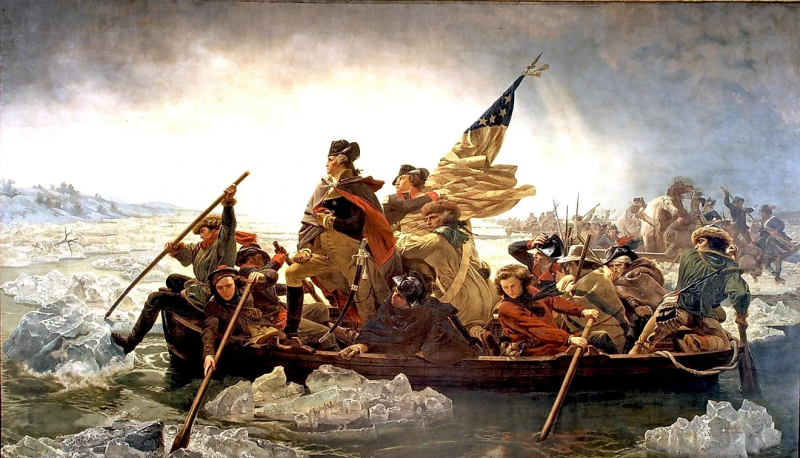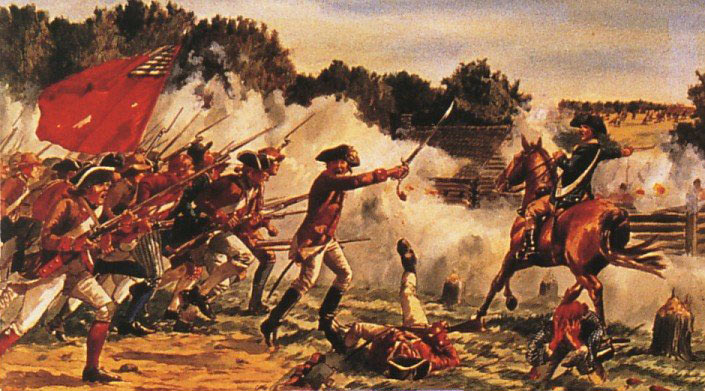The Battles Of Trenton And Saratoga Were Pivotal Moments In The War
The pivotal moment in the Revolutionary War began with a British strategy to strategically control Upstate New York and isolate New England from the Southern colonies in order to put the Revolution to a definitive end. It turned out to be a once-in-a-lifetime opportunity for the Patriots. The Americans had suffered a series of setbacks before the Battle of Trenton, forcing them to retreat through New Jersey and into Pennsylvania. The Continental Army's morale was at an all-time low, and many troops had deserted. George Washington devised a daring strategy to attack the enemy soldiers stationed in Trenton, New Jersey, at this critical juncture. The legendary crossing of the Delaware River, which was completed "with almost great difficulty," was made first by the American forces. On December 26, 1776, they beat the German missionaries at Trenton in within an hour, seizing around 900 soldiers, as well as food, arms, and ammunition. The victory at Trenton was critical because it increased the Continental Army's morale, emboldened rebels in the provinces, and resulted in new recruits joining the army.
The Battles of Saratoga, which took place on September 19 and October 7, 1777, were the second turning point in the Revolutionary War. After being encircled, British General John Burgoyne surrendered his whole army of 5,895 men on October 17. The sweeping victory gave France faith in America's ability to win the war, resulting in the formation of the formal Franco-American alliance in 1778. Because France would go on to play a vital part in America's victory, the victory at Saratoga is seen as a watershed moment in the war.












